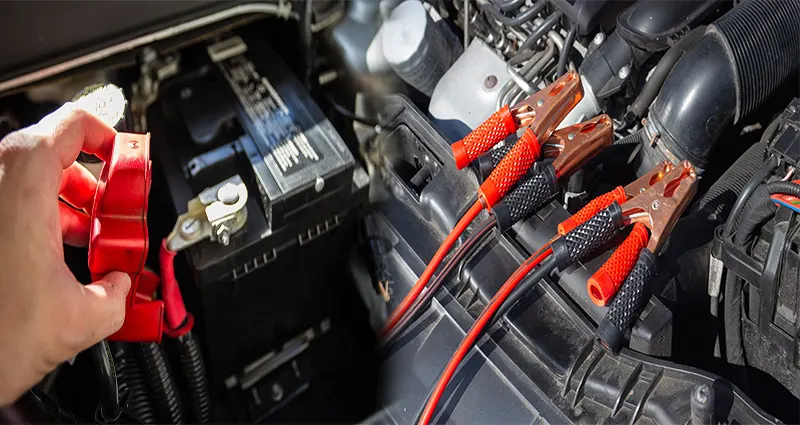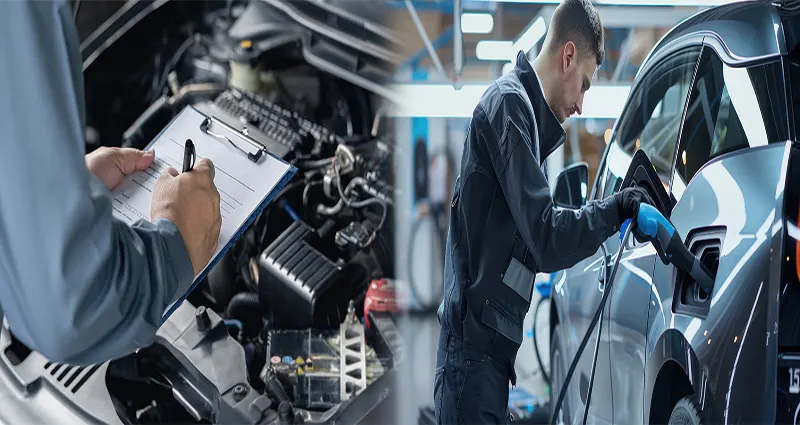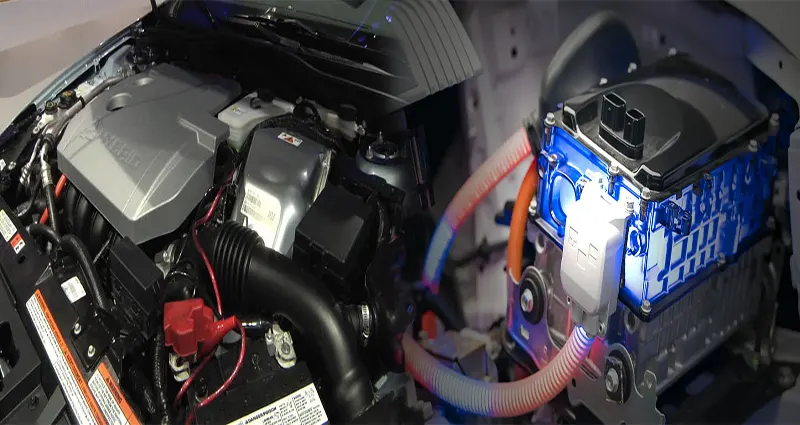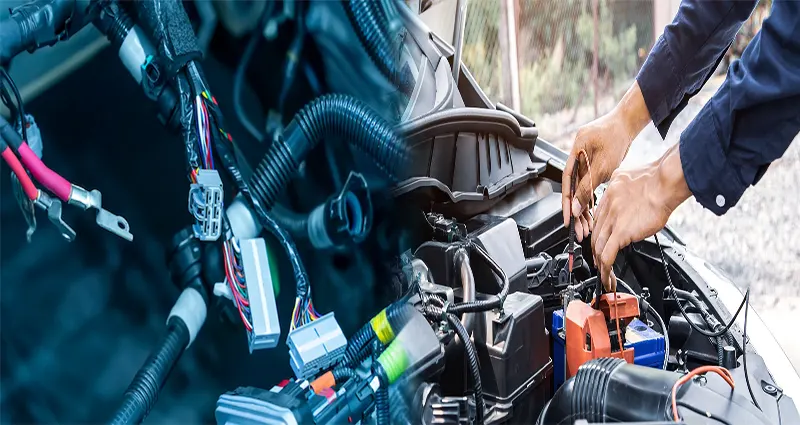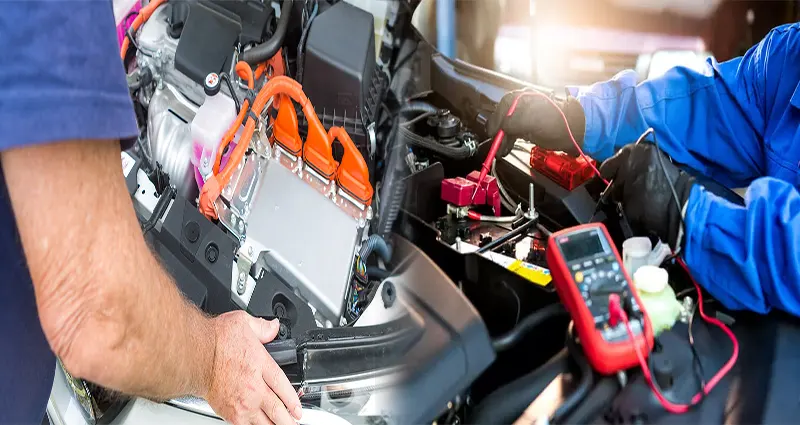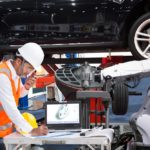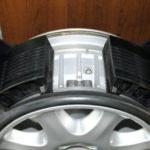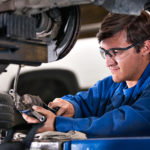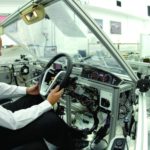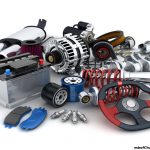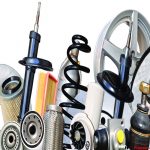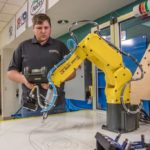How to Diagnose Battery Problems in Electric Cars
Electric vehicles have gained immense popularity in recent years due to their environmentally friendly nature and cost-effective operation. One crucial component of an electric car is its battery, and diagnosing any problems with the battery is essential to ensure optimal performance and longevity. Here are some key steps on how to diagnose battery problems in electric cars:
Step 1: Check for Dashboard Warnings
One of the first signs of a potential battery issue in an electric car is the appearance of dashboard warning lights or error messages related to the battery system. These warnings may include indicators such as a low battery symbol, a check engine light, or a message indicating battery malfunction. If any of these warnings appear, it is important to address them promptly to prevent further damage to the battery.
Step 2: Monitor Driving Range
Another way to diagnose battery problems in an electric car is to … Continue reading >>>>

